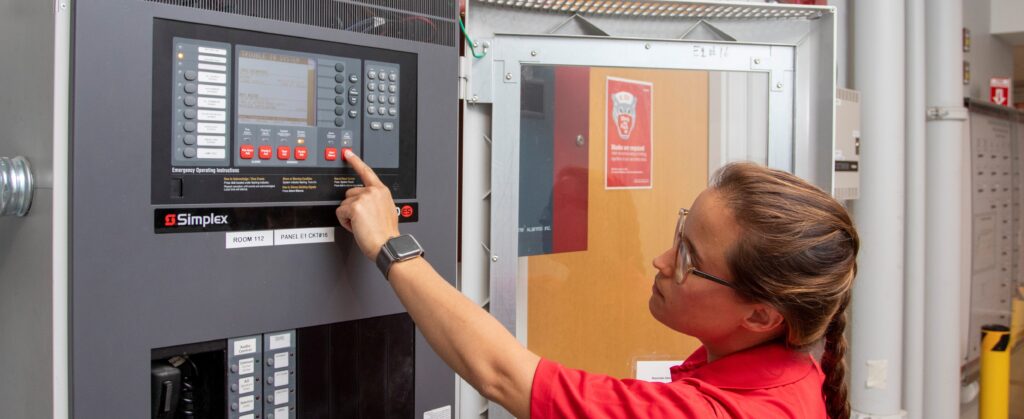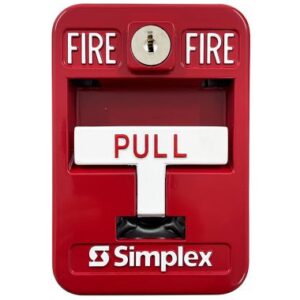Fire Drills

About EEDs
 Emergency Evacuation Drills (EEDs) are vital to educate occupants’ on how to safely egress from university buildings in the event of a fire or other unplanned events requiring an evacuation.
Emergency Evacuation Drills (EEDs) are vital to educate occupants’ on how to safely egress from university buildings in the event of a fire or other unplanned events requiring an evacuation.
- In order to improve the University’s response to unplanned events and to ensure the protection and or safety of students, faculty, staff, and visitors during emergencies,
- Planning for these emergencies is important and to ensure understanding and retention of these drills. It provides a fundamental foundation for the safe egress/evacuation of occupants during an emergency situation which can be stressful and debilitating to occupants.
Scheduling Information
- Fire drills are not scheduled. According to North Carolina State Law, drills shall be held at unexpected times and under varying conditions to simulate the unusual conditions that occur in case of fire.
- North Carolina State Law requires that all non-residential buildings with fire alarm systems have annual emergency evacuation drills.
- All university owned housing drills must be conducted within the first 10 days of the start of the semester.
- All housing drills are scheduled and coordinated with University Housing and Fraternity and Sorority Life.
During an emergency evacuation and fire alarm activation; what do I do?
- Leave the building immediately.
- Do not use elevators, only use the stairs.
- Meet at the assembly area for your building.
- Remain at the assembly area and DO NOT re-enter the building until advised by Public Safety Officials (University Fire and Life Safety staff member, University Police or Raleigh Fire Department staff).
How you help us
- Becoming familiar with your emergency evacuation procedures.
- Treating every alarm as if it is real.
- Being aware of the evacuation assembly areas.
- Grabbing your essential items before leaving your dorm/office area (phone, keys, wallet/ID, medications, pets, etc).
- Calling 911 and giving them pertinent information on someone being left in a area of rescue (knowing the exact location).
What to expect
- Loud noise.
- Short disruption for no more than 10 minutes.
- Being prepared for any weather conditions (jacket, umbrella, etc).
Who to call for questions
If you have any questions, concerns or need further assistance in sharing, planning, and or understanding these procedures, please feel free to contact the Fire and Life Safety Office at 919-515-2568 or you can email firesafetyhelp@ncsu.edu.
